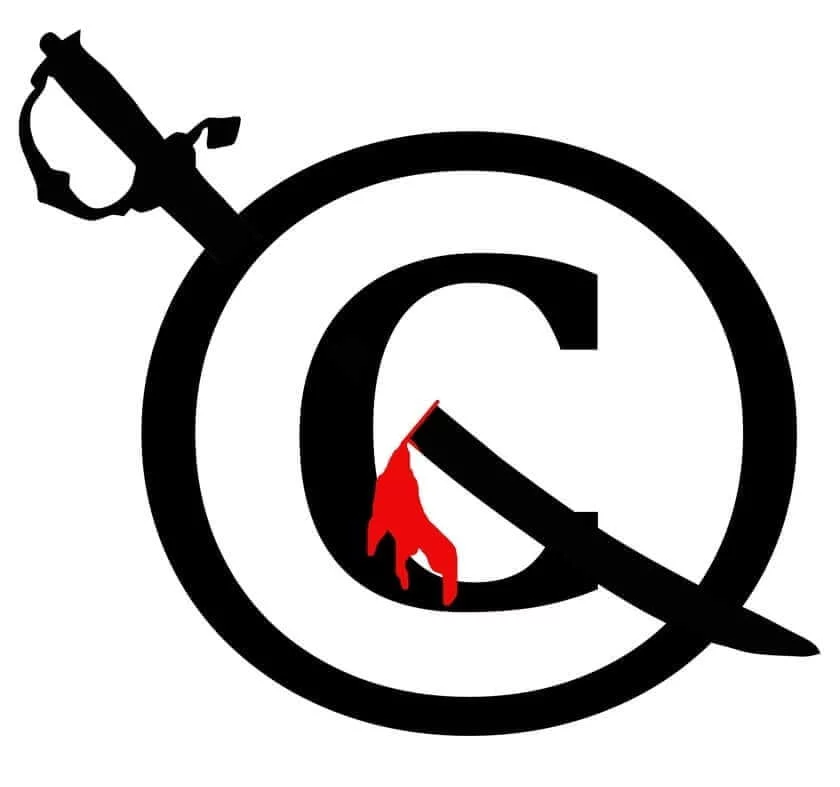Copying original and intellectual creations is considered as copyright infringement and is punishable under Republic Act No. 8293, otherwise known as the Intellectual Property Code of the Philippines (“IP Code”). In order to prove copyright infringement, one must show that he has a valid copyright in the work allegedly infringed and that the perpetrator infringed the victim’s copyright by copying protected elements of the latter’s work.
As early as 1918, the Supreme Court enunciated that a person who published a Spanish-Tagalog dictionary and copied the equivalents, definitions and different meanings given in another author’s Spanish-Tagalog dictionary, although making some additions of his own and some unimportant changes in the examples to illustrate the meanings of the words, has violated the intellectual property rights of other author. The Supreme Court reasoned that although words are not the property of anybody, their definitions, the example that explain their sense and the manner of expressing their different meanings, may constitute special work. [Laktaw v. Paglinawan, G.R. No. L-11937 dated April 1, 1918]
With regard to the format or concept of a dating game show, the Supreme Court ruled that it is not copyrightable as the IP Code explicitly provides that no protection shall extend to any idea, concept, procedure or system.[Joaquin vs. Drilon, G.R. No. 108946 dated January 28, 1999] In contrast, in another case, the Supreme Court ruled that a key visual known as the “double-tug” or “tac-tac” demonstration showing a fabric being held by both hands and stretched sideways in a laundry commercial is copyrightable. [Unilever Philippines Inc. vs. Court of Appeals, G.R. No. 119280 dated August 10, 2006]
In Habana vs. Robles (G.R. No. 131522 dated July 19, 1999), the Supreme Court found the respondent guilty of copyright infringement when he copied, incorporated and reproduced certain portions from the petitioner’s college textbook in his own book. When the respondent argued that there was no verbatim copying of the entire book, the Supreme Court emphatically held that it is not required that the entire work or even a large portion thereof be copied in order for copyright infringement to exist. It is enough that so much is taken that the value of the original work is substantially diminished.
Copyright infringement takes on three forms namely administrative, civil or criminal. As an administrative complaint, it can be brought before the Intellectual Property Office while it may be filed in regular courts as a criminal or civil case. As a criminal offense, copyright infringement is punishable by imprisonment ranging from one (1) year to nine (9) years and a fine ranging from Fifty Thousand Pesos (P50,000.00) to One Million Five Hundred Thousand Pesos (P1,500,000.00) depending on the value of the infringing materials, damage to the copyright owner and the number of offenses committed.
Any person found guilty of copyright infringement shall be liable:
(a) To an injunction restraining such infringement. The court may also order the defendant to desist from an infringement, among others, to prevent the entry into the channels of commerce of imported goods that involve an infringement, immediately after customs clearance of such goods.
(b) To pay to the copyright proprietor actual damages, including legal costs and other expenses, as he may have incurred due to the infringement as well as the profits the infringer may have made due to such infringement, and in proving profits the plaintiff shall be required to prove sales only and the defendant shall be required to prove every element of cost which he claims, or, in lieu of actual damages and profits, such damages which to the court shall appear to be just and shall not be regarded as penalty.
(c) To deliver under oath, for impounding during the pendency of the action, sales invoices and other documents evidencing sales, all articles and their packaging alleged to infringe a copyright and implements for making them.
(d) To deliver under oath for destruction without any compensation all infringing copies or devices, as well as all plates, molds, or other means for making such infringing copies as the court may order.
(e) Such other terms and conditions, including the payment of moral and exemplary damages, which the court may deem proper, wise and equitable and the destruction of infringing copies of the work even in the event of acquittal in a criminal case.
In addition to punishing direct infringement, the IP Code also penalizes indirect infringement by holding a person liable for aiding or abetting such infringement.
Nicolas & De Vega Law Offices is a full service law firm in the Philippines. You may visit us at the 16th Flr., Suite 1607 AIC Burgundy Empire Tower, ADB Ave., Ortigas Center, 1605 Pasig City, Metro Manila, Philippines. You may also call us at +632 4706126, +632 4706130, +632 4016392.

